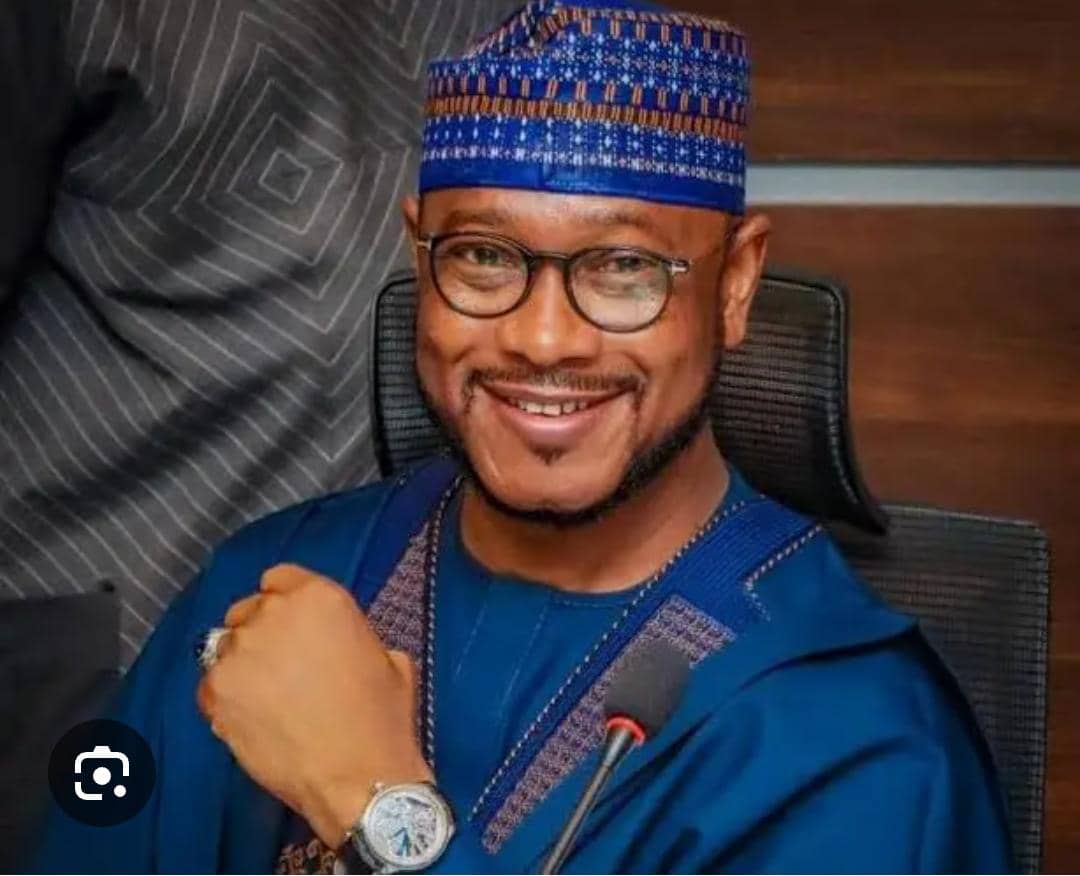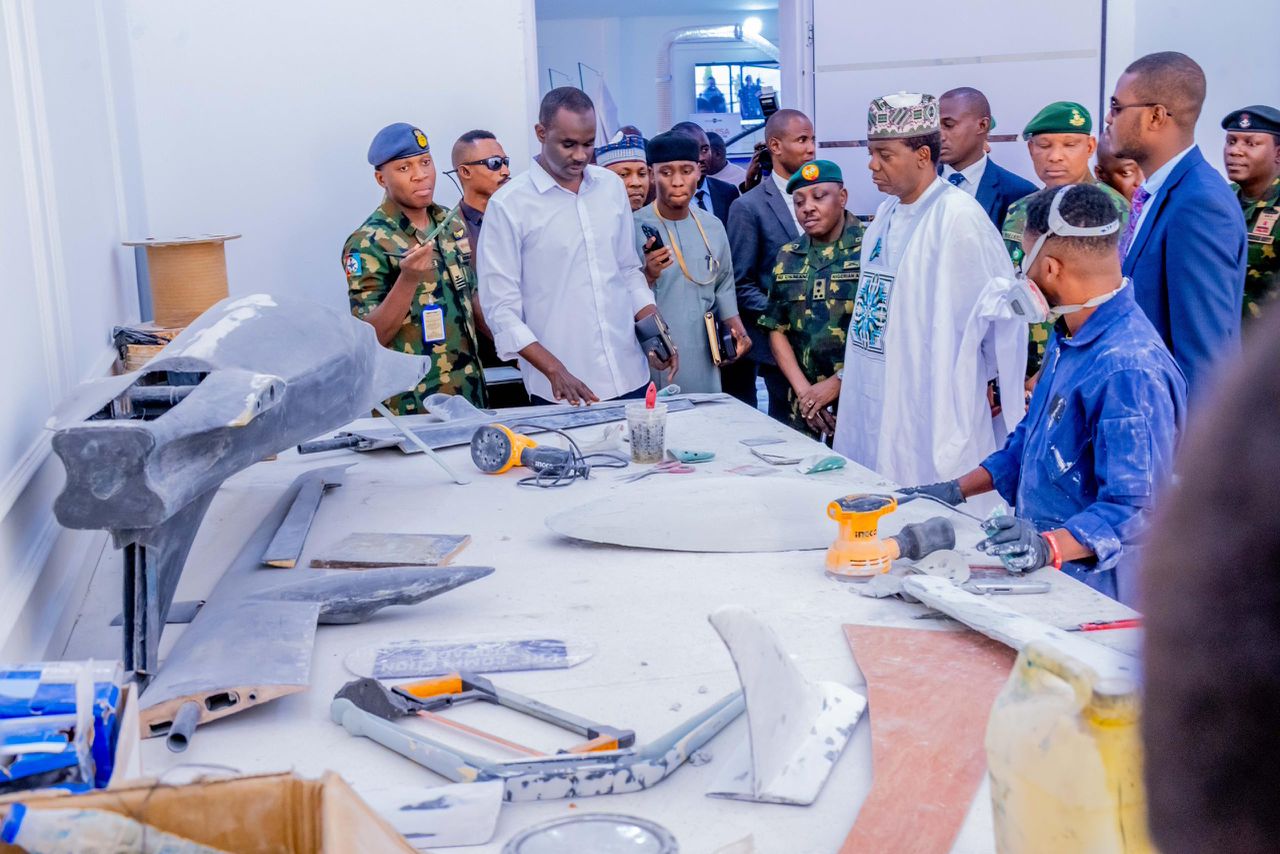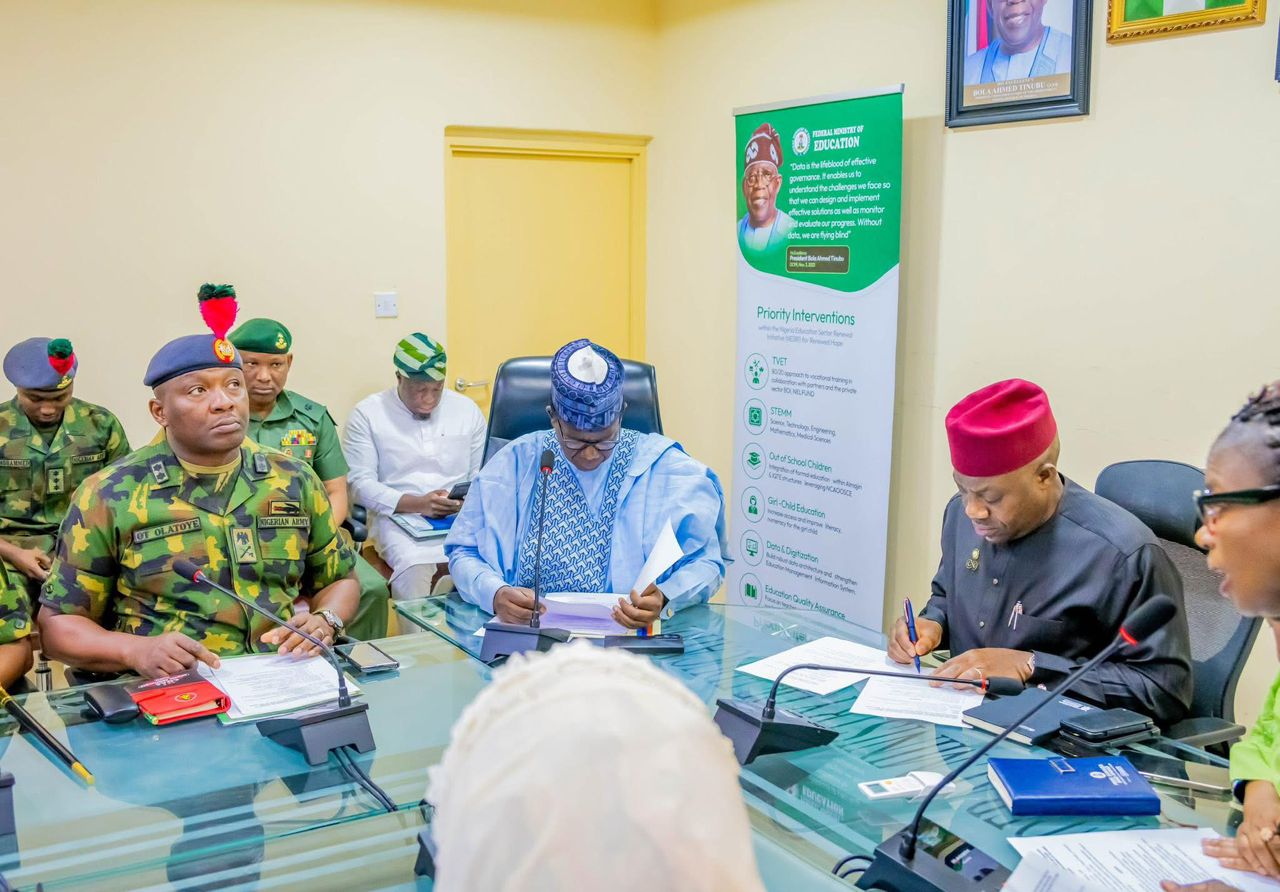Major General Muhammadu Buhari (Rtd), GCFR, former military ruler and two-term civilian president of Nigeria, passed away on 13 July 2025 at the age of 82 in a London clinic. A polarising yet enduring figure in Nigeria’s political history, Buhari’s life bridged the barracks and the ballot box, military discipline and democratic contest, national reform and controversy.
Early Life and Education
Born on 17 December 1942 in Daura, Katsina State—then part of the Northern Region of British Nigeria—Muhammadu Buhari was the 23rd child of his father, Mallam Hardo Adamu, a Fulani chieftain. Orphaned at the age of four, he was raised by Waziri Alhassan, son of the Emir of Daura. Buhari’s early education took place in Daura and Mai’Adua before he attended Katsina Middle School and later Katsina Provincial Secondary School. Though initially drawn to medicine, he was persuaded to join the military—a decision that would shape his life.
Military Career
Buhari entered the Nigerian Military Training College in 1962 at age 19 and subsequently trained in the United Kingdom at Mons Officer Cadet School and the Army Mechanical Transport School. Rising quickly through the ranks, he served in key roles during the Nigerian Civil War, participated in the 1966 counter-coup, and led troops in pivotal battles, including those at Ogoja and Onitsha.
After the war, Buhari held several significant appointments: Governor of the North-Eastern State, the inaugural Governor of Borno State, Federal Commissioner for Petroleum Resources, and Chairman of the Nigerian National Petroleum Corporation. By 1983, he was General Officer Commanding the 3rd Armoured Division, based in Jos.
First Rise to Power: Military Rule (1983–1985)
On 31 December 1983, Buhari led a coup that ousted the democratically elected government of President Shehu Shagari, citing rampant corruption and economic decline. As military head of state, he ruled with a firm hand. His administration is remembered for the War Against Indiscipline (WAI), harsh decrees such as Decree No. 4, large-scale retrenchment in the civil service, and retroactive application of capital punishment.
During his rule, over 500 officials were jailed for corruption; strikes were banned; critics—including Afrobeat icon Fela Kuti—were detained; and tough austerity measures were imposed. Buhari’s government also cracked down on drug trafficking and enacted currency exchange reforms. However, mounting economic hardship and dissatisfaction within the armed forces led to his overthrow by General Ibrahim Babangida in August 1985. He was subsequently detained in Benin City until 1988.
Civilian Interlude and Return to Politics
Following his release, Buhari returned to Daura, engaging in local development through projects such as the Katsina Foundation. He later served as Chairman of the Petroleum Trust Fund (PTF) under General Sani Abacha, earning praise for transparency and effective management.
From 2003, Buhari ran for president four times—initially under the All Nigeria Peoples Party (ANPP) and later with the Congress for Progressive Change (CPC). After three unsuccessful attempts, he finally won the presidency in 2015 on the platform of the newly formed All Progressives Congress (APC), defeating incumbent President Goodluck Jonathan in a historic democratic handover.
Presidency: 2015–2023
As civilian president, Buhari cast himself as an anti-corruption crusader and strict reformer. His early years focused on confronting Boko Haram, which he later declared “technically defeated”, though insecurity persisted in other regions.
His government introduced the National Social Investment Programmes, including N-Power, TraderMoni, and the School Feeding Programme, alongside high-profile anti-corruption prosecutions and a whistleblower policy that uncovered significant stolen assets.
Yet criticism followed. Buhari was accused of nepotism, slow decision-making, and lacking vigour. Under his tenure, Nigeria slipped into recession, inflation surged, and unemployment reached record highs. Ethno-religious tensions deepened, marked by farmer-herder clashes, banditry, and secessionist movements in the South-East.
Health challenges frequently took him abroad, most notably in 2017 when he spent 104 days in the UK, fuelling speculation over his capacity to govern.
Second Term and Exit
Re-elected in 2019, Buhari’s second term was shaped by the COVID-19 pandemic, the #EndSARS protests against police brutality, and worsening security issues. His administration faced accusations of creeping authoritarianism, but Buhari maintained he acted in defence of national stability.
On 29 May 2023, he handed over power to President Bola Ahmed Tinubu, retiring immediately to his hometown of Daura. His departure marked the close of a consequential and often controversial chapter in Nigeria’s democratic journey.
Legacy
Muhammadu Buhari leaves behind a complex and debated legacy. Admirers view him as a disciplined, incorruptible leader who sought to instil order and fiscal prudence. Critics see him as an austere figure whose leadership style struggled to meet modern Nigeria’s challenges.
A devout Muslim and father of ten, Buhari was affectionately nicknamed “Baba” by his supporters—a reflection of both familiarity and respect. He remains unique in Nigerian history as the only person to have led the country as both a military ruler and an elected president.
His imprint on Nigeria—whether seen as redemptive, restrictive, or reformative—endures.
May his soul rest in peace.





